DailyTech – Japanese Scientists Invent Durable Flash Memory Which Can Last 100+ Years
The Japanese scientists state that their new ferroelectric NAND flash cells can scale much smaller, to a scant 10 nm. The scientists claim that the new cells can be rewritten 100 million times, as opposed to current flash, which can only support about 10,000 writes.
To further prolong the cell life, they employ a wear-leveling technology, in which all cells are used equally, and overused cells are “retired”. The end result is lifetimes of 100+ years. Additionally, the new ferroelectric cells operate at 6 volts or less. Current flash cells use 20 V, meaning that the new cells will likely cut power consumption by as much as a factor of 3.
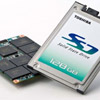
DailyTech – The Quest For Immortality: Self Assembling Tissues
New research yields self-assembling tissues, paves the way for replacement organs
The engineers are aiming to start simple, regrowing commonly failing organs like the pancreas and kidneys. In order to build these more complex structures, scientists have to learn ways to build up from a cellular level.
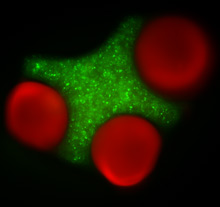
Interesting article by Kirainet.com about how japanese people sleep so easily, anywhere out of home. Check the different parts for all the pictures:
http://www.kirainet.com/english/sleeping-japanese-3/



DailyTech – Polymer Nanoparticle Joins Cancer Killing Frenzy
Another promising cancer treatment rolls off the line at UCSD.
Nanoparticles are the new medical wonder gadget. Journals are filled with new and interesting uses for microscopic particles of different makes and models being used for treatments of anything from cancer to radiation poisoning. The carbon nanotube seems to be the most popular delivery method for various treatments due to several factors like their ease of production and chemical inertness.
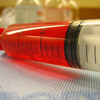
NEW YORK (AP) — This doesn’t sound good: The nonprofit agency in charge of the Internet’s addresses recently lost track of its own.
The Internet Corporation for Assigned Names and Numbers, or ICANN, said it happened when an Internet registration company it oversees got fooled into transferring the domain names to someone else.
The attack was quickly noticed, and ICANN’s domain names were restored within 20 minutes. However, because many Internet directories retain information for a day or two, visitors could have been redirected to an unauthorized site for longer.
ICANN said Thursday that new, unspecified security measures should prevent such attacks in the future. The organization also said it was reviewing other security procedures.
The domain names hijacked were ICANN.com and IANA.com — for the ICANN subdivision known as the Internet Assigned Numbers Authority. Visitors to those addresses are normally redirected automatically to the organization’s main sites at ICANN.org and IANA.org, neither of which was affected by the attack.
Source: Dailytech
Today, Seagate announced the world’s first 1.5TB desktop hard drive called the Barracuda 7200.11 1.5TB.
Source: Dannychoo
English map of Akihabara, with EngRish included. Smoking in the street is prohAbited.






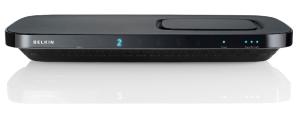


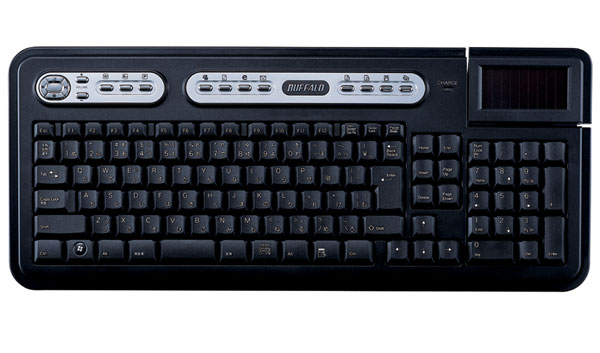
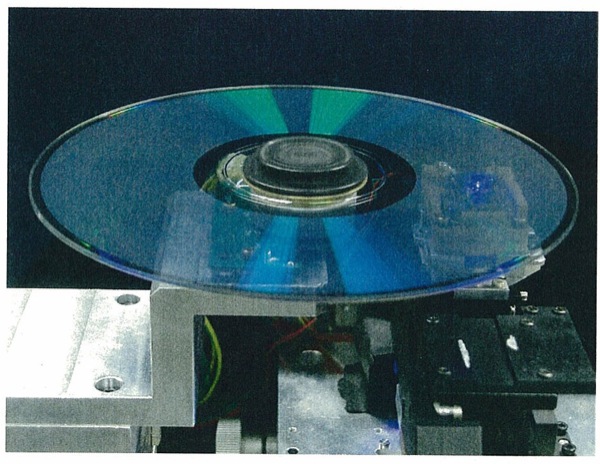
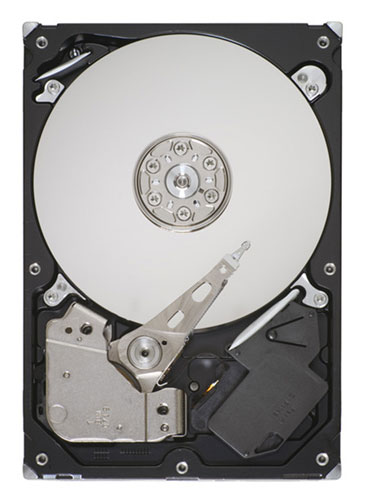





Recent Comments